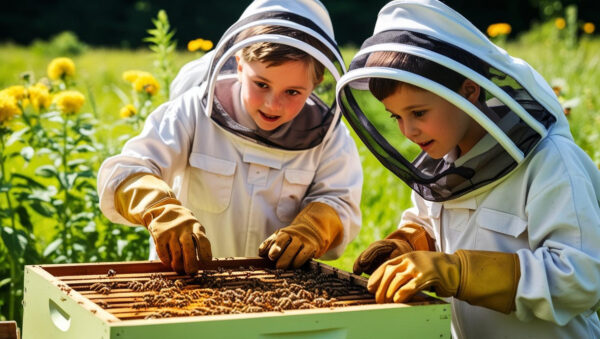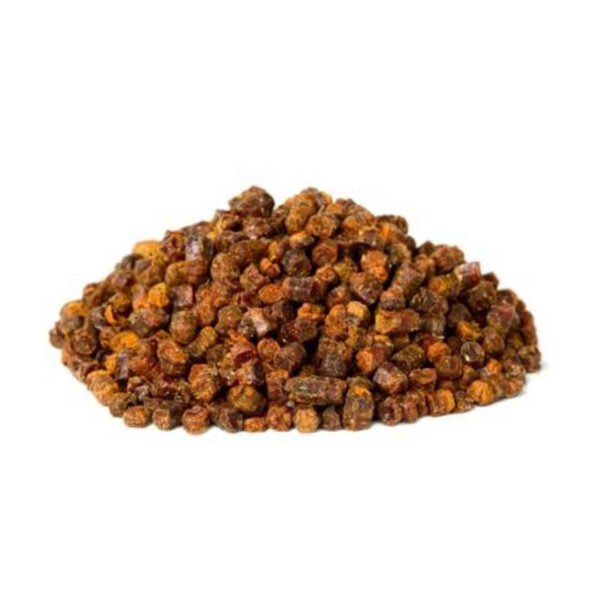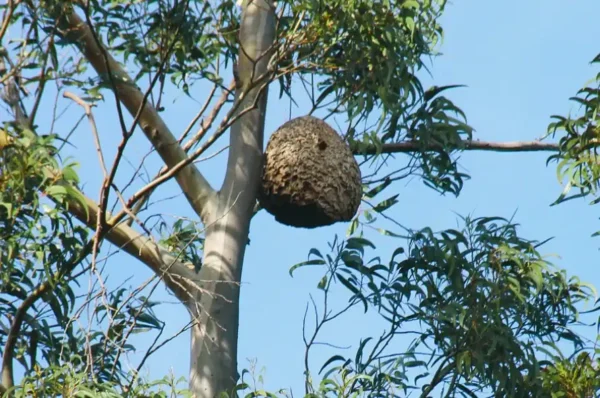Carla Pereira and Ana parents resumed aromatization experiences with plants of Grandpa Augusto, beekeeper in his free hours, after being unemployed. The rising price of the raw material is the biggest threat.
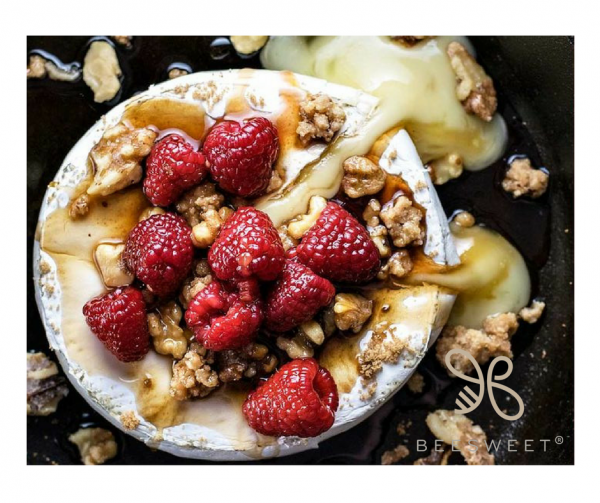
Carla Pereira, 31 years old, and Ana Pais, 34 years old, founded the Beesweet in the summer of 2015, after testing and maturing the idea of business in several competitions of entrepreneurship.
From little ones, Ana Pais and Carla Pereira “always [have lived] much of this thing of bees and Honey” with Grandpa Augusto, beekeeper in the vacant hours that did some experiments with aromatic plants, then offered to friends and sold at the Gran’s Hermínia shop. But the cousins born and raised in Pardilhó, in the municipality of Estarreja, only started to stop thinking about it as “the most natural thing in the world” when, almost at the same time that the troika entered the country, were unemployed.
The ex-receptionist of an Algarvian hotel and the cousin, three years younger, who lost her job as a technician in a company connected to automobiles, began to prowl the business idea of Beesweet during the long walks together. And they chose to release the business when the father of the current CEO, returned from Germany, resolved to clean the garage where old tools were forgotten, a rust-filled centrifuge, some hives, masks and a beekeeping suit that belonged to grandpa. “It started messing with us,” says Ana Pais.
Macau and Switzerland are the best external destinations for Beesweet, which has been to be a pedagogical apiary.
There began the entrepreneurial adventure that came out victorious in entrepreneurial competitions, where they tested the idea, the prices, the image and the way to reach the market. What would only happen in August 2015 with a natural, 100% Portuguese, flavoured with fresh herbs honey, which currently counts with a six-flavour line – plus other products that have been added to the portfolio,
like the belgian black chocolate with flavored honey.
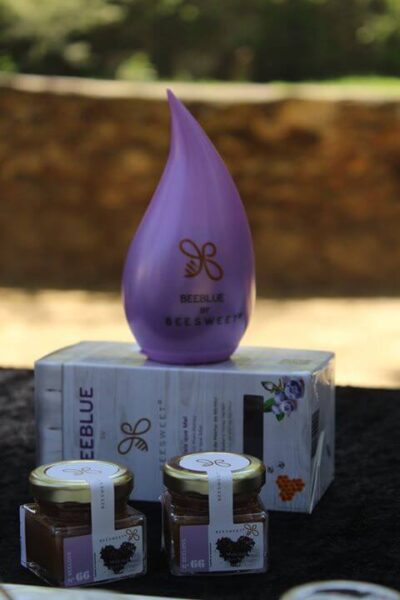
The embryonic and first idea was to build a pedagogical apiary open to the public. However, they soon realized that it was something impossible for the enormous initial costs, including land, machinery and own installations. The initial project “is not totally apart”, but they assume that, for now, they have to focus on the product, which they have positioned on a “premium” segment, and placing it on the market. “It was all a lot of sacrifice. We don’t have any rich relatives or anything. We started everything from scratch. We bought 50 bottles, sold them and earned money to buy the following hundred – now we buy them on pallets and honey to the “ton”, says the northern manager.
3
Suppliers
A beekeeper from Oliveira de Azeméis and two cooperatives, in Vila Real and Castelo Branco, provide the honey to Beesweet.
20%
Exportation
Last year, the first year of Beesweet on the market, the young company profited one in every five euros abroad.
Headquartered in Oliveira de Azeméis, Beesweet has products available in “gourmet” shops from north to south of the country and also abroad, in locations such as France, Switzerland, Luxembourg, Holland and Macau, as well on various online platforms. Last year, exports represented 20% of the turnover, which surpassed 30000 Euros.
The supply of honey, purchased directly from two cooperatives, in Vila Real and in Castelo Branco, and a beekeeper of the region, is, from the start, one of the secrets of the business. And now also “the biggest threat” due to the “exaggerated rise of prices” of raw material, which is a global trend. It’s that, instead of the usual 4€ per kilo, in bulk purchase, the proposals received begin to ascend now to 6€.
raio-x
“Chefs, but many” and well positioned
Beesweet has placed itself in the “premium” market with a product that is differentiated from competition and is being studied.
“Gourmet” and restauration customers
• The target audience is high and medium-high class. “Someone who goes to a gourmet shop to buy a specific product to get to know it with friends,” for example.
• The company also created a specific packaging for the restauration customers and made partnerships with several chefs, such as Filipa Gomes from “24Kitchen”.
Opportunities in the kitchen and pharmacy
• The incorporation of honey into gastronomic dishes is still one of the greatest opportunities.
• The medicinal value of honey, with the “added value” of the plants, is being studied in laboratory with the University of Aveiro, to enter the pharmacies.
Competitors in the country
• Aquae Flaviae and Casa da Prisca are on the list of competition, with the difference that they leave the things they put in the honey.
• The “biggest competitor”, elected by Ana Pais, is Meia Dúzia, which makes jam in a tube and launched aromatized honey after Beesweet entry to the market.
Questions to Ana Pais
CEO of Beesweet
Americans love organic products
Beesweet wants to attack a niche in the U.S. and the size doesn’t scare us. After all, we already export to China.
How are you going to position yourself to sell in the United States?
We want a representative or an importer to help leverage the product in a market that will give it value. They love organic, natural products. But always in niche market, in the added value, not in quantity. It is obvious that we have to grow, optimise production, but it is impossible to be worldwide if not with this concept.
The question is not the lack of product. We sell honey in bottles of 40 gr.

But a niche over there is gigantic.
We’re already exporting to China and that’s not stopping us, limiting or losing deadlines on delivery. We’re waiting for the opportunity to work with the United States. Production capacity? The whole business cycle is created. The question is not the lack of product. We sell honey in little bottles de 40gr, not kilogram. And we have a very large willpower to work.
And what obstacles do you anticipate?
As soon as we start, the labelling. For example, a very simple thing: we have this in grams and we’re going to have to put it in Oz. We have to study everything. I have already approached countries where it is simply impossible to market there because they are legally only able to consume honey from that area. In the USA that doesn’t happen, but in regard of organic products it has restrictive legislation.


